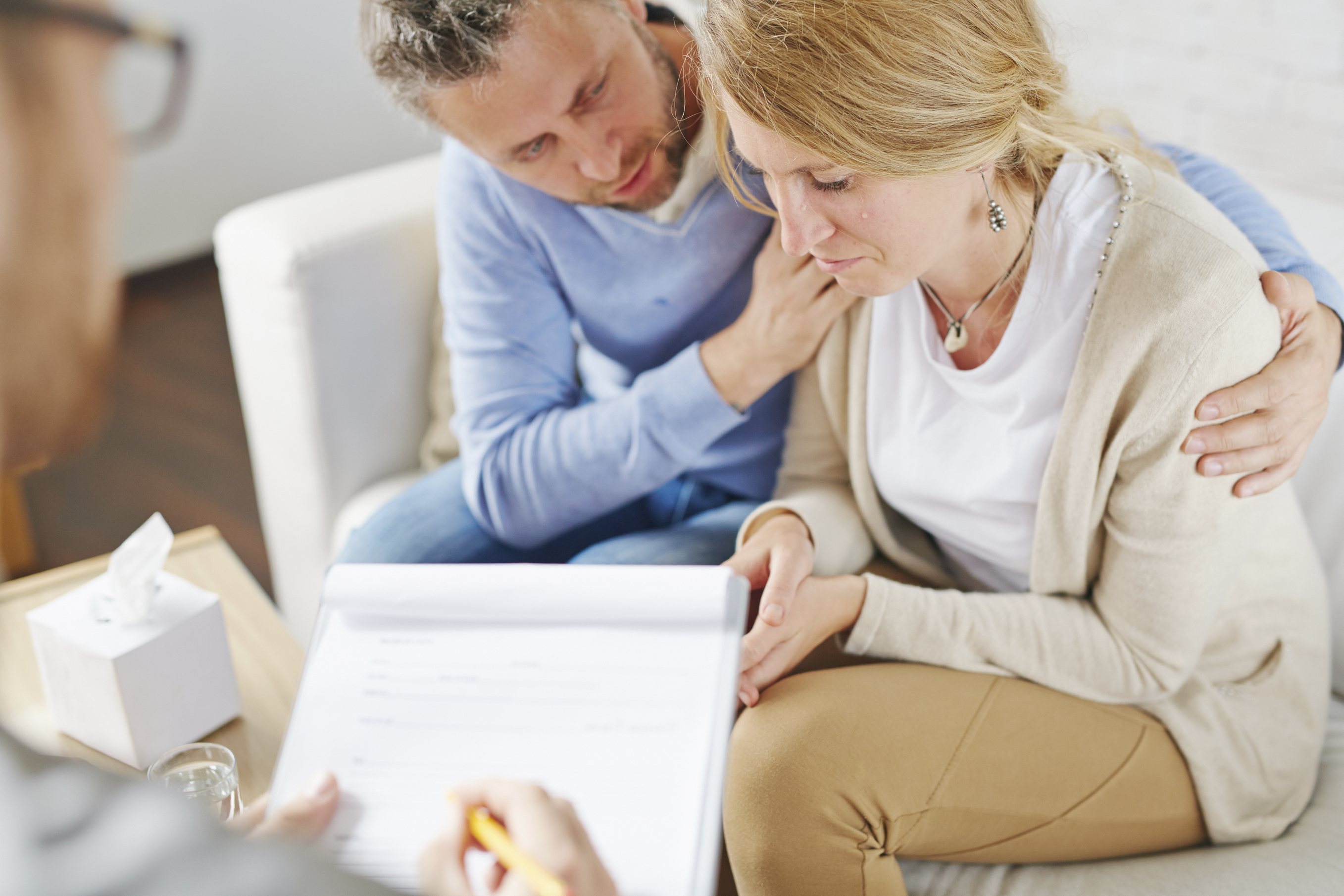
(This content is being used for illustrative purposes only; any person depicted in the content is a model)
Author: Justin Mckibben
When a family member or loved one decides to go to rehab, it can feel like a huge weight off your shoulders. Whether you help them find treatment, put together an intervention, or they just decide this step is an accomplishment. When a family member or loved one is sick, we all suffer. So when they are healing, doesn’t it make sense that you work to heal too?
Whether you know it now or not, you need help too. When a family member goes to rehab, you should definitely consider how to support them. You should also know how to take better care of yourself. Remember this is not just about them. These are 5 ways to get help when a family member goes to rehab.
-
Consult a doctor
Consulting with a medical professional about the health aspect of addiction and recovery is very important to helping in the recovery process. If you don’t have a personal family physician it can seem difficult. Try to find a medical professional you feel confident in consulting about the issue.
If you have a family physician be honest and open with discussing the specific drugs that your loved one most frequently abused. Find out if there are serious complications. Find out the warning signs of other health concerns. In general, being aware makes it easier to empathize with a family member and their recovery.
-
Look into aftercare
When a family member goes to rehab consider looking into aftercare options available to them, either in your area or where ever they are. Once they have completed inpatient treatment, you may want to help them chose an outpatient and other alternative care programs. Aftercare will help keep your family member on a consistent recovery plan during the transition back into the world.
Sometimes an aftercare plan should consist of a sober living facility- halfway house– for your family member. This is beneficial because they are monitored in a recovery community to support their long-term sobriety. They also get help finding support groups and continued therapy.
So how does this help you? Well it may just be as simple as giving you some peace of mind that they will have a safe and controlled environment after rehab. An effective aftercare plan can also help you establish boundaries.
-
Attend support groups
12 Step groups such as AA and NA are great, and they even have affiliate programs to support people with an addicted family member. Those with friends or loved ones who struggle through terrifying and trying times also have a safe place to fellowship and share.
Some support groups have their own separate 12 Step program of recovery tailored to the family’s recovery. Being able to connect and share experience with other families who can relate in an intimate way to the same fight you are fighting can be an uplifting and gratifying experience. This helps out a lot of family members and friends too when their loved ones are having a hard time staying clean.
-
Personal or family therapy
Therapy is a powerful tool for anyone. Finding a clinical professional to confide in and work with can be life changing. Therapy isn’t just for people with trauma or mental health, it exists for everyone. Personal therapy can help you better understand the moods you yourself experience, and the contributions that you yourself make to your family member’s recovery.
Family therapy can be very positive for rebuilding these vital relationships. Even if the addict or alcoholic is still in treatment, the rest of the family can attend therapy to address important issues before the loved one comes home. This kind of help can only bring more emotional stability and acceptance.
-
Attend a family program
Most holistic rehabs offer the opportunity to take part in the recovery of a loved one through a family program. This will put you in direct contact with the care professionals and clinical teams who are working with your family member to develop a plan of recovery.
Family programs can also give your family member or loved one the much needed inspiration to know that they are not alone in this process. It will allow you to participate in events, educational courses, and contribute to the blue print for new patterns in their future.
Getting help isn’t just for the one who is using drugs or drinking. We all need a little help sometimes. Every one of us needs a little support to get through sometimes.
We would like to offer you the FREE GIFT of a checklist to help decipher if you are helping or hurting a loved one who is struggling with addiction.
Having a family member who has suffered can be harder on you than you know. Too many people don’t know how to get the help they need for their loved ones, and too many of our loved ones suffer for too long because they are afraid of the affects that the ones they care about most will face.